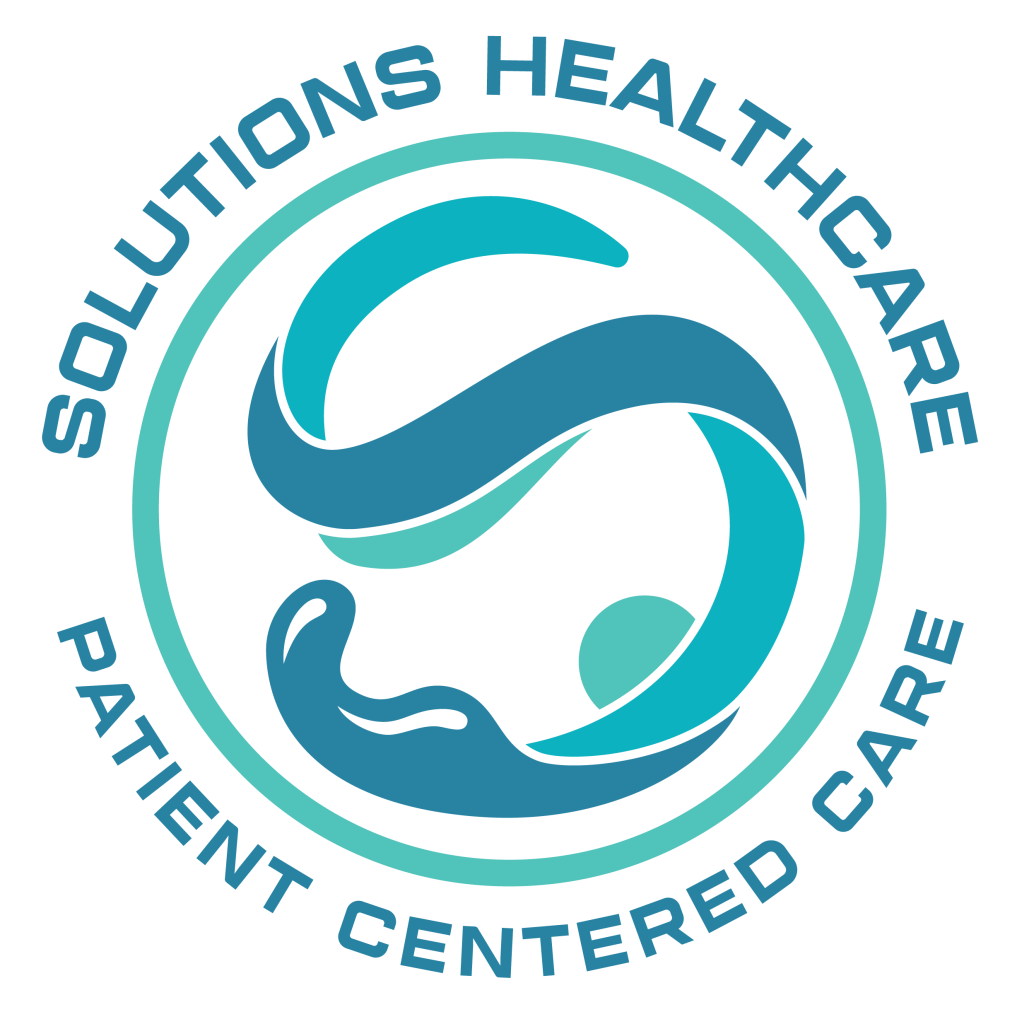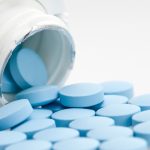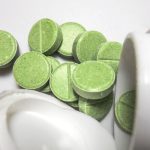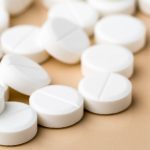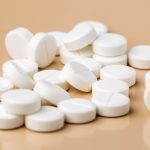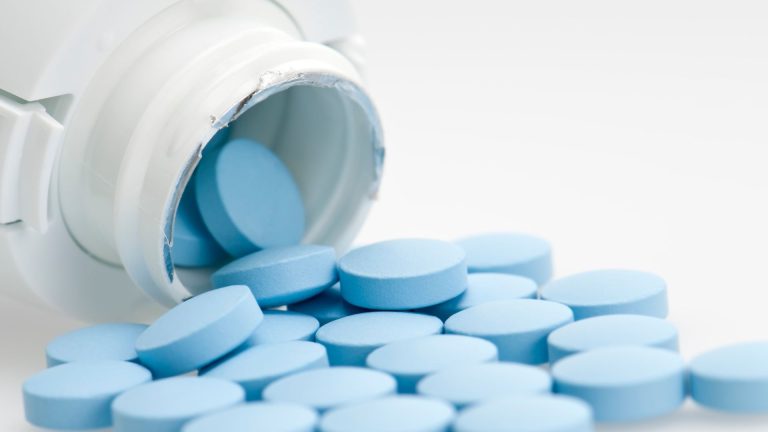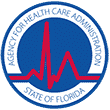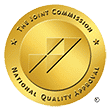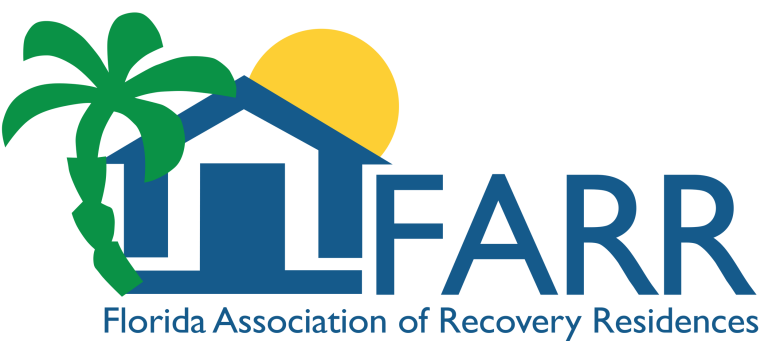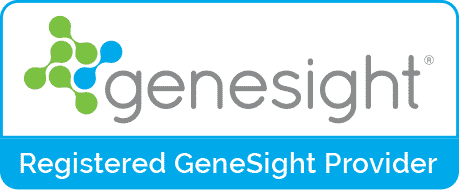Heroin is a powerful and illicit stimulant drug that has played a significant role in the worsening opioid crisis across the United States. Since heroin abuse is such a widespread issue that has made news headlines, there is much debate and confusion regarding whether heroin is a stimulant or a depressant drug.
While heroin is unquestionably a central nervous system depressant, the initial rush it produces can cause people to mistake it for a stimulant. However, it is certainly a depressant because of the way it slows down activity in the central nervous system (CNS).
What is Heroin?
Heroin is a drug that contains a chemical called diacetylmorphine, a powerful and illicit opioid drug that is derived from morphine. Diacetylmorphine is synthesized by modifying the morphine molecule to enhance its potency and ability to cross the blood-brain barrier, resulting in a drug that produces a powerful high. Heroin was first synthesized in the late 19th century by chemists who were searching for a non-addictive substitute for morphine. Ironically, heroin proved to be more addictive than morphine.
Heroin is notorious for its addictive nature and the devastating consequences it can have on individuals and communities. In 2021, about 1.1 million people abused heroin and 1.0 million were addicted to it, indicating that almost everyone who uses it becomes addicted. Tragically, nearly 10,000 people died from a heroin-related overdose in the same year.
What is the Difference Between a Stimulant and a Depressant?
Drugs are categorized into several classes based on their effects on the central nervous system. The two primary categories are stimulants and depressants, with some drugs falling into both categories.
Stimulants
Stimulants are substances that increase the activity of the central nervous system. They typically lead to heightened alertness, increased energy, wakefulness, and enhanced cognitive function. Some well-known stimulants include caffeine, amphetamines (such as Adderall), meth, and cocaine. These drugs can create a feeling of euphoria and are often associated with increased heart rate, body temperature, and blood pressure.
Depressants
Depressants, on the other hand, are the opposite of stimulants in the sense that they slow down activity in the central nervous system. They induce relaxation, reduce anxiety, and can lead to sedation or even unconsciousness in high doses. Common depressants include alcohol, benzodiazepines (such as Xanax or Valium), opioids (including morphine and heroin), and barbiturates. These substances often cause a decrease in heart rate and blood pressure.
100% Confidential Support is Available 24/7
No matter what you’re going through, you’re not alone. Our dedicated team is here to provide a safe, judgment-free space where you can talk openly and honestly. Whether you need emotional support, resources, or just someone to listen.
We’re here for you—completely confidential and always respectful of your privacy. Call us today!
Is Heroin a Stimulant or a Depressant?
Like other opioid drugs, heroin is classified as a depressant. It slows down activity in the central nervous system by binding to specific receptors called opioid receptors, primarily in the brain and spinal cord. When heroin binds to these receptors, it reduces neural activity and blocks pain signals, leading to a slowing down of bodily functions such as respiration.
When heroin binds to these receptors, it triggers the release of neurotransmitters such as dopamine. Dopamine is also associated with pleasure and reward. This initial surge in dopamine can create a feeling of euphoria and stimulation which sometimes causes people to mistake heroin for a stimulant. However, as heroin continues to bind to the receptors, it ultimately leads to depressant effects by inhibiting the release of certain neurotransmitters and slowing down neural activity throughout the brain and body.
The depressant effects of heroin include:
- Euphoria – Heroin’s primary side effect is a profound sense of euphoria and well-being that occurs as the effects of the drug peak. This intense rush is often accompanied by a warm sensation throughout the body.
- Pain relief – Heroin is a potent analgesic, meaning it provides pain relief by blocking pain signals. However, because of how addictive it is, heroin is not approved for medical use.
- Sedation – Heroin induces a state of sedation and relaxation, which is why it is classified as a depressant. Users often experience a heavy feeling in the arms and legs and may nod off or even fall into a deep sleep. Drowsiness is very common
- Respiratory depression – One of the most dangerous effects of heroin is respiratory depression. Like other depressants, heroin slows down the breathing and heart rate, which can be life-threatening in the event of an overdose.
- Constipation – Heroin can also cause constipation, as it affects the gastrointestinal system by slowing down metabolism and the GI tract.
- Constricted pupils – While stimulants make pupils dilate, depressants like heroin cause pupil constriction, leading to small, pinpoint pupils.
- Clouded mental functioning – Stimulants increase mental functioning, but depressants like heroin do the opposite. People who are under the influence of heroin may have slowed mental function and reaction times.
Other common side effects of heroin are:
- Dry mouth
- Flushed skin
- Itching
- Nausea
- Vomiting
- Decreased libido
Contact Solutions Healthcare
Battling with Drug and Alcohol Addition? Remember, you are not alone and we are here to help you!
Symptoms of Heroin Overdose
Both stimulant and depressant drugs can cause an overdose, however, the symptoms will vary between the two drug classifications. Common symptoms of a heroin overdose are:
- Shallow or slow breathing
- Bluish or purplish skin, especially around the lips and fingertips
- Confusion or disorientation
- Extreme drowsiness or difficulty staying awake
- Slurred speech
- Pinpoint pupils
- Weak pulse
- Low blood pressure
- Nausea and vomiting
- Muscle spasms or seizures
- Coma
- Cyanosis (bluish or grayish tint to the skin)
- Inability to respond to stimuli or painful stimuli
Other depressants, including benzodiazepines, may cause some of the same overdose symptoms. If you suspect someone has overdosed on heroin, call 911 immediately and administer naloxone (Narcan), if it is available to you.
Get Help for Heroin Abuse and Addiction
Whether heroin is a stimulant or a depressant matters very little in the scheme of things because the drug is highly addictive. Anyone who abuses heroin is at risk for a variety of health problems, including overdose, collapsed veins, mental health problems, cardiovascular events, and more. If you or someone you love are struggling with heroin addiction, it’s important to get help as soon as possible.
At Solutions Healthcare, we offer a variety of treatment options that can help you beat heroin addiction and live a healthy, sober life. To learn about your heroin rehab options or to get started with an initial assessment, please contact our team today.
References
- National Institute on Drug Abuse (NIDA): Heroin DrugFacts, Retrieved September 2023 from https://nida.nih.gov/publications/drugfacts/heroin
- National Institute on Drug Abuse (NIDA): What is the scope of heroin use in the United States? Retrieved September 2023 from https://nida.nih.gov/publications/research-reports/heroin/scope-heroin-use-in-united-states

